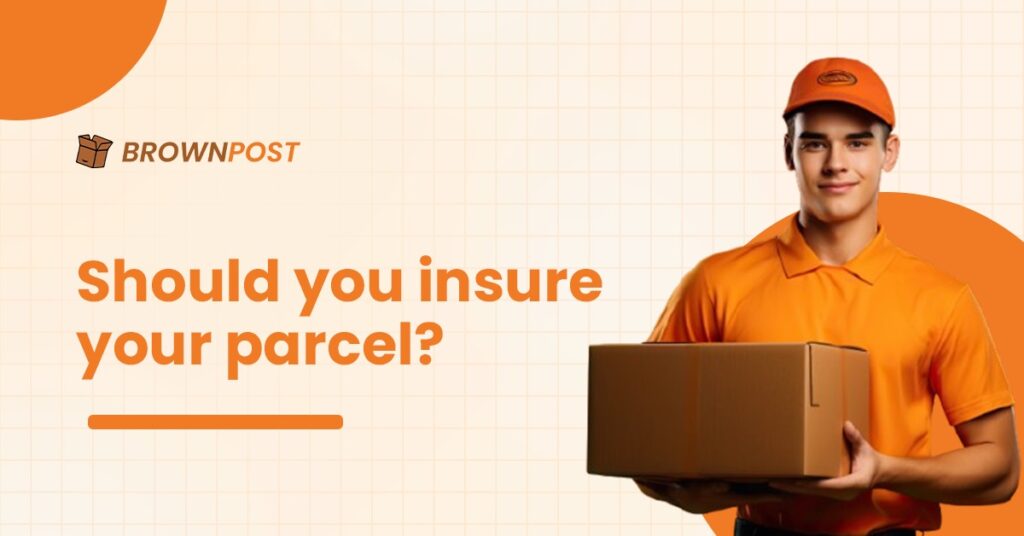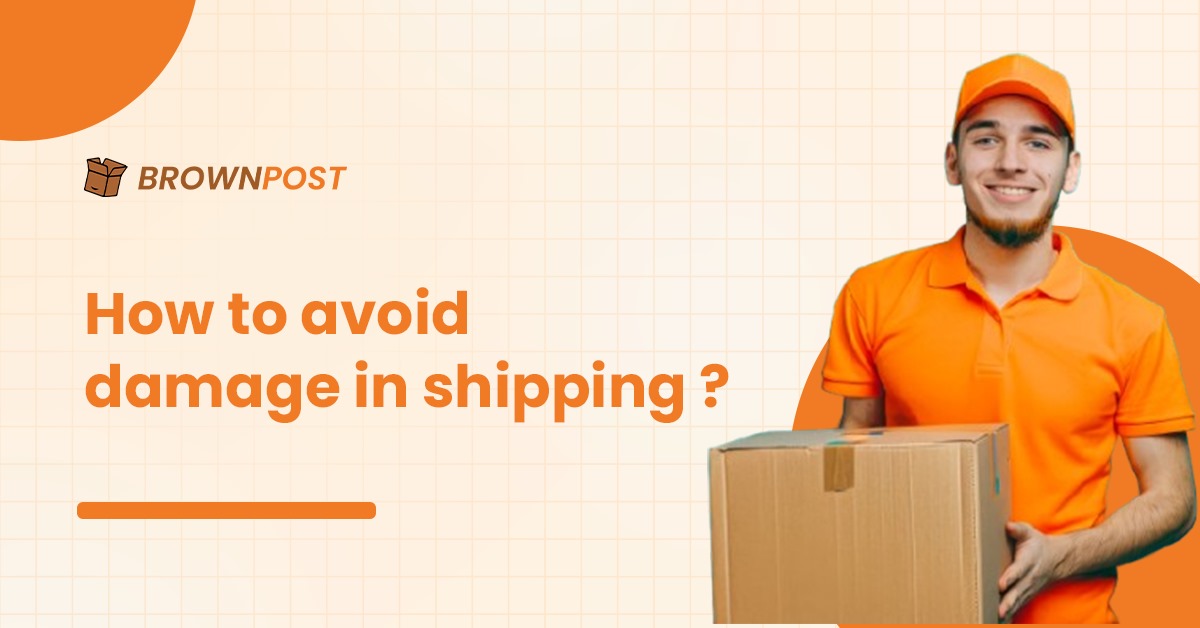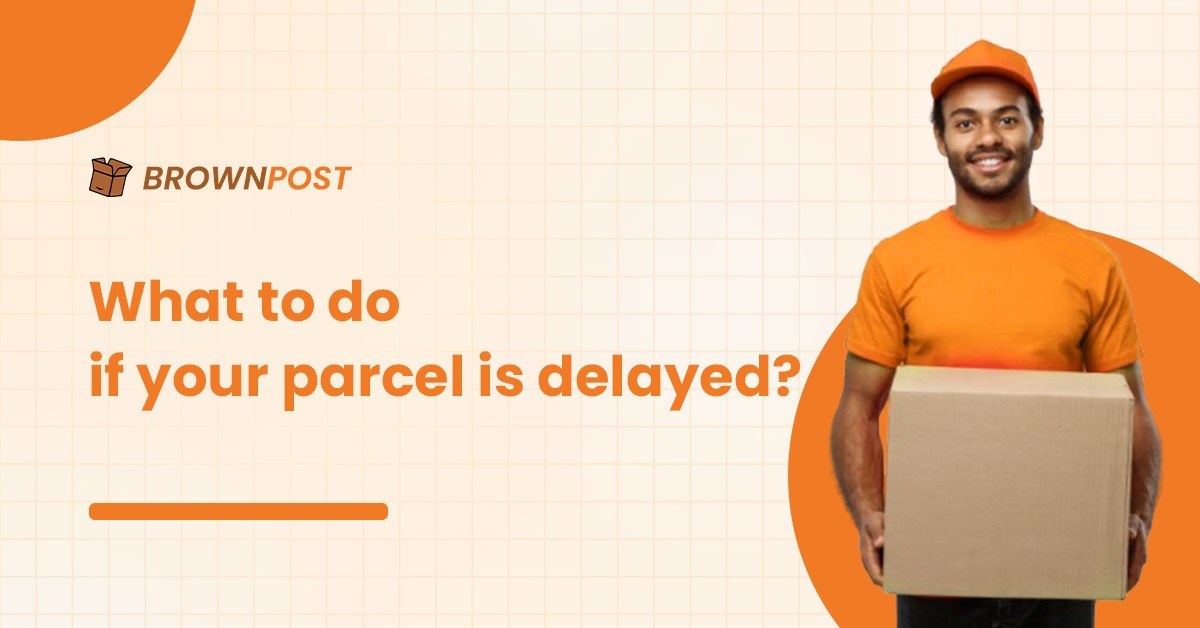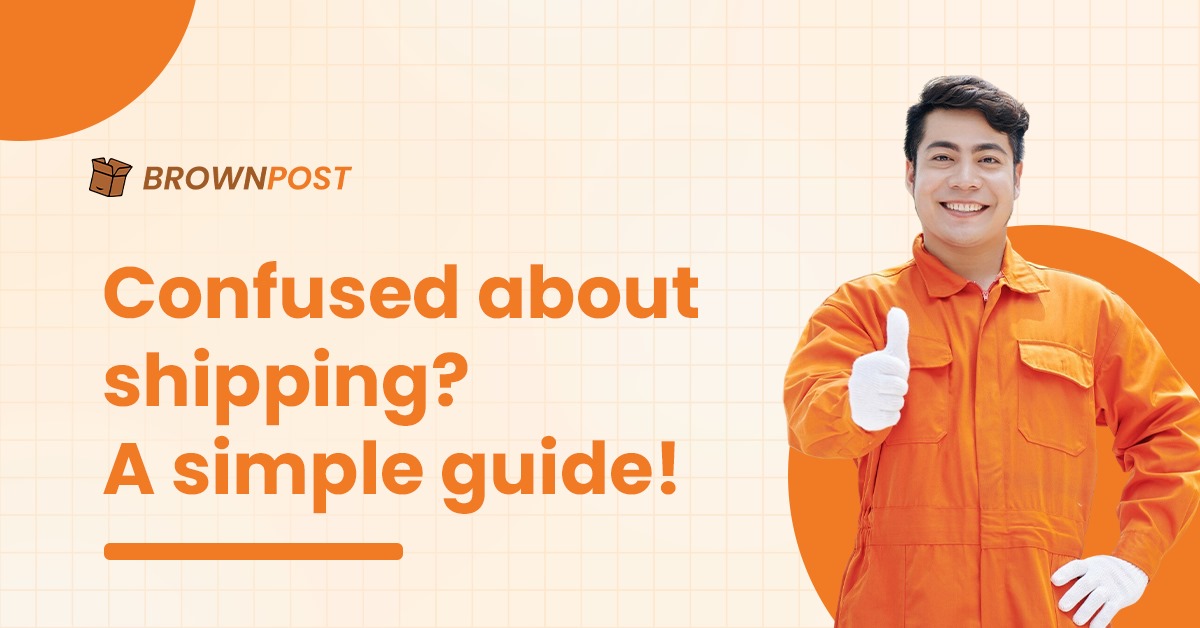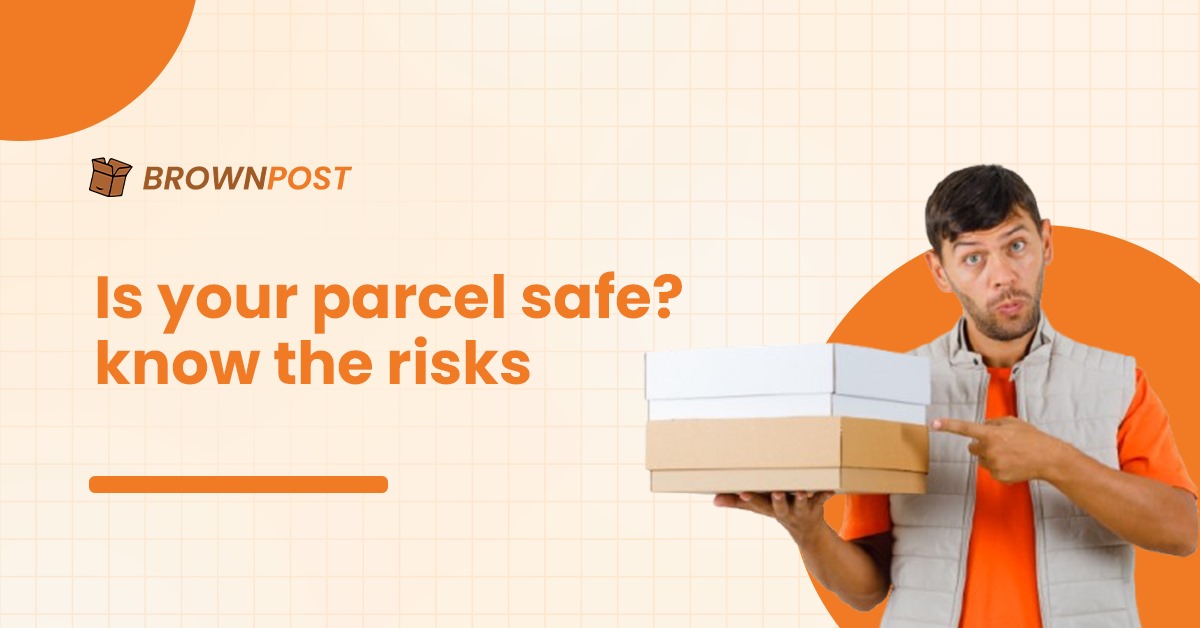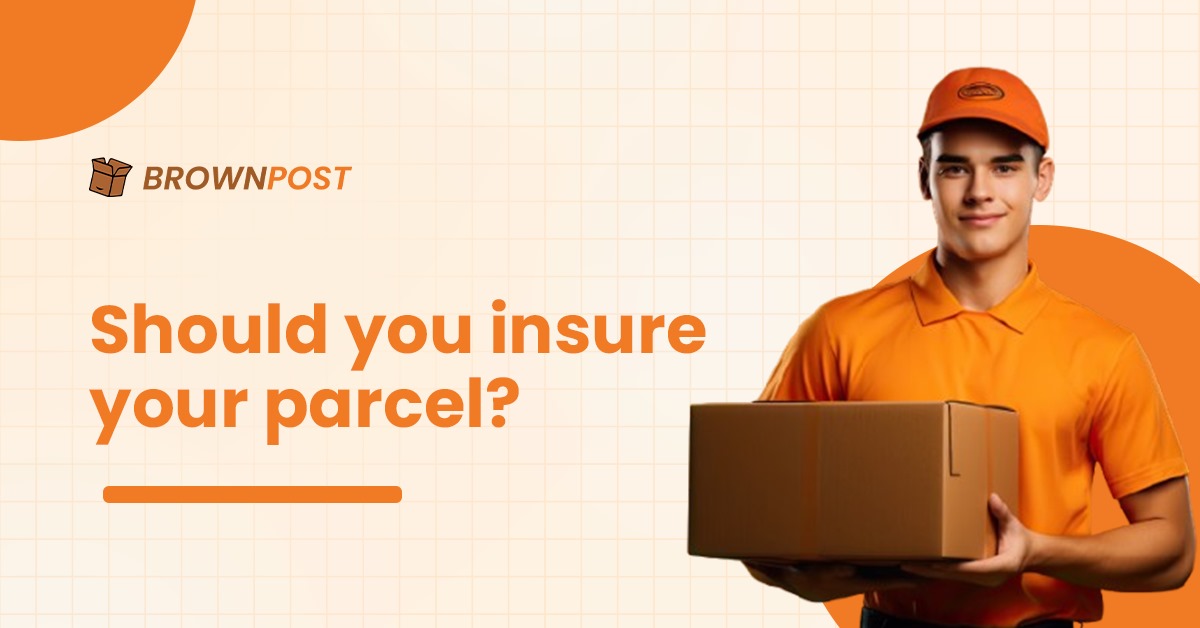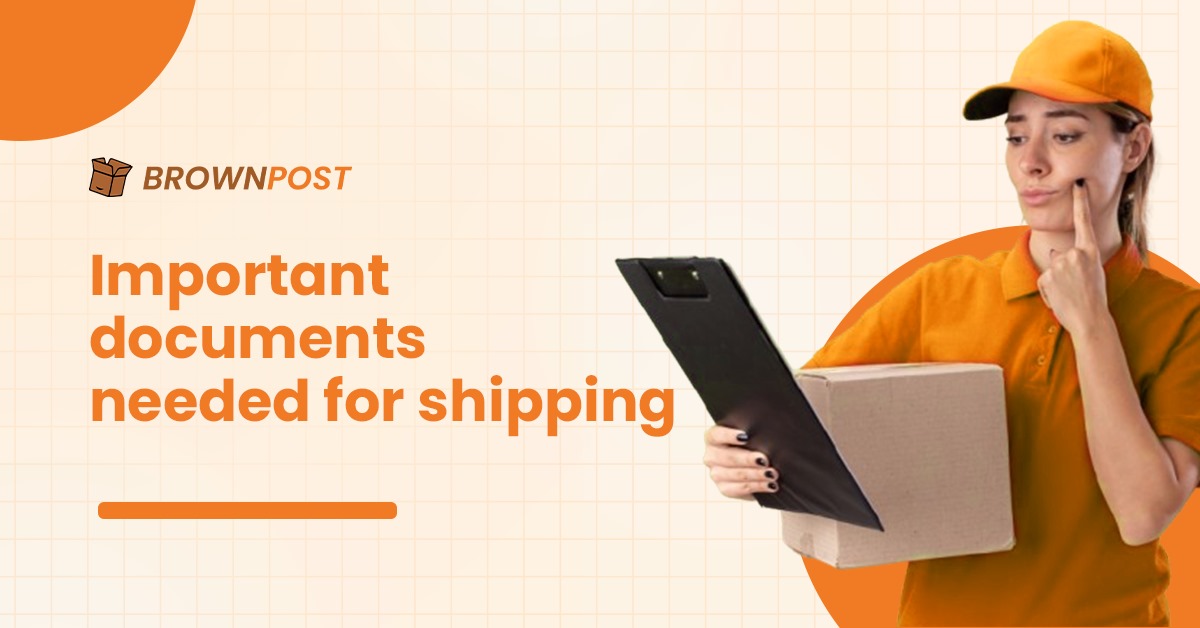Should you insure your parcel?
Safety is a rising concern irrespective of any field.
International shipment is very considerate about the safe and secure delivery of parcels.
Consider you have booked a parcel with a lot of valuable gift items to be sent across to a family member settled in the USA.
You are pouring your heart into it to make it happen most seamlessly. While you are about to close the booking of the parcels, a sudden pop-up appears, ‘Would you like to insure your package?’
There comes a brief pause moment which gets us confused about whether we should opt for it. Should we take up that giant leap of faith by not fool proofing your package for insurance?
After all, insurance is mostly about incurring that extra charge by going for that decision. Although it most pops up as an optional scenario, sometimes insurance in the scenario of parcel delivery comes as a non-negotiable need.
In this blog, you will come across a quick breakdown of the importance of parcel insurance, when to consider insurance and the impact of uninsured packages.
1. Parcel insurance
Parcel insurance is the optional service element offered by many delivery partners providing financial coverage for any potential mishaps during the shipment journey like loss of goods, theft, and damaged goods.
During such times of crisis, insurance comes to the rescue by relieving from incurring any additional financial burden.
Accordingly, you are compensated based on the declared value of the parcel. Hence, your insurance becomes that safety net to make your shipment enjoy a smooth ride.
When should you consider insurance for the parcel?
Parcel insurance is a choice.
You can either go for it or not depending on your ability and provided circumstances to do it.
However, it is one of the most important valid decisions to be taken in certain situations like,
- Shipping expensive or high-valuable items- If expensive items are your go-to bucket list in courier, insurance becomes your financial cap for protection.
- Cross-border shipments- When the distance is longer, the risk of losing comes along the way as there is more handling in the process. Do not risk it when the chances of failing are high.
- Irreplaceable items- Be it a family heirloom, or a valuable gift wrapped with increased sentimental value, then insurance is your go-to source for protection.
- If you are a business owner- Whether you are an e-commerce player, responsible for quality of delivery at the recipient’s end, there is a greater benefit in being risk-averse as your packages are double wrapped with insurance protection.
How much does it cost?
In general shipping insurance takes up about 1 to 3% of the whole declared value of the parcel.
For instance, if you are shipping a product worth Rs. 20000, you are expected to pay an insurance amount coming around Rs. 200 to 600.
It’s not a bad right, at least to protect your sanity.
Some of the delivery partners have also come up with free standard liability coverage for about Rs. 1000. Since it’s a very small amount and does not cover any high-value losses.
Consequence of uninsured parcels
- When it goes uninsured, some of the ultimate consequences are when your parcel gets,
- Damaged- The claiming process gets to a dead end most of the time, especially without any proof of value.
- Lost- The compensation you might get may not be very extensive rather than a lower standard limit.
Take notice of the checklist before you insure
The cheat sheet for parcel insurance to be mindful of when you hit that push button for insurance.
1. Accuracy matters
It is always important to declare the exact value of the item. It runs a two-way risk; if you choose to under-declare, you will get compensation close to the lowest value only. However, if you over-declare, it can raise suspicions continued by multiple rounds of verification and even be denied at the end of the verification process.
2. Read the print carefully
Each insurance provider works differently by enrolling a different norm within their list of terms & conditions.
Accordingly, keep an eye on the following details,
- Limit of coverage- For high valuables
- Guidelines for packaging – Rules that are applicable in the packaging process
- Timeframes to file a claim- Allowing 7 to 14 days only
3. Count the ones that don’t count
Insurance doesn’t apply for all items even if you are willing to pay for them. Some of the common exclusions are listed below,
- Perishable items like food
- Liquid items and fragile glass
- Any kind of hazardous chemicals
- Precious gemstones, currency
It is always better to take notice of the items that are excluded from the list of items priorly.
4. Safeguard your receipts & proof of value
In the middle of a transit, when your parcel misses out on the track, the only way to pick up your parcel is by providing proof of value like the purchase receipt, and payment proofs like UPI or bank transfer.
5. Keep a safe copy of all the shipping documents
Always store all the shipping-related documents for future use. Make sure to keep a document checklist namely,
- Insurance confirmation email
- Waybill or tracking number
- Customer service contact for claims
Wrap Up
Insurance is like carrying your first aid box everywhere.
One may never know when you want it the most. Availing insurance through your delivery partners primarily is not about spending an extra penny, but a way of proactiveness in securing the safe delivery of your parcels.
From understanding the know-how of parcel insurance, you are becoming a smart shipper as you are relieved from the pain of handling any unforeseen last-minute mishaps.
At Brown Post, we handhold you in making your shipments go through a protected pathway and make them deliver safe and sound.

